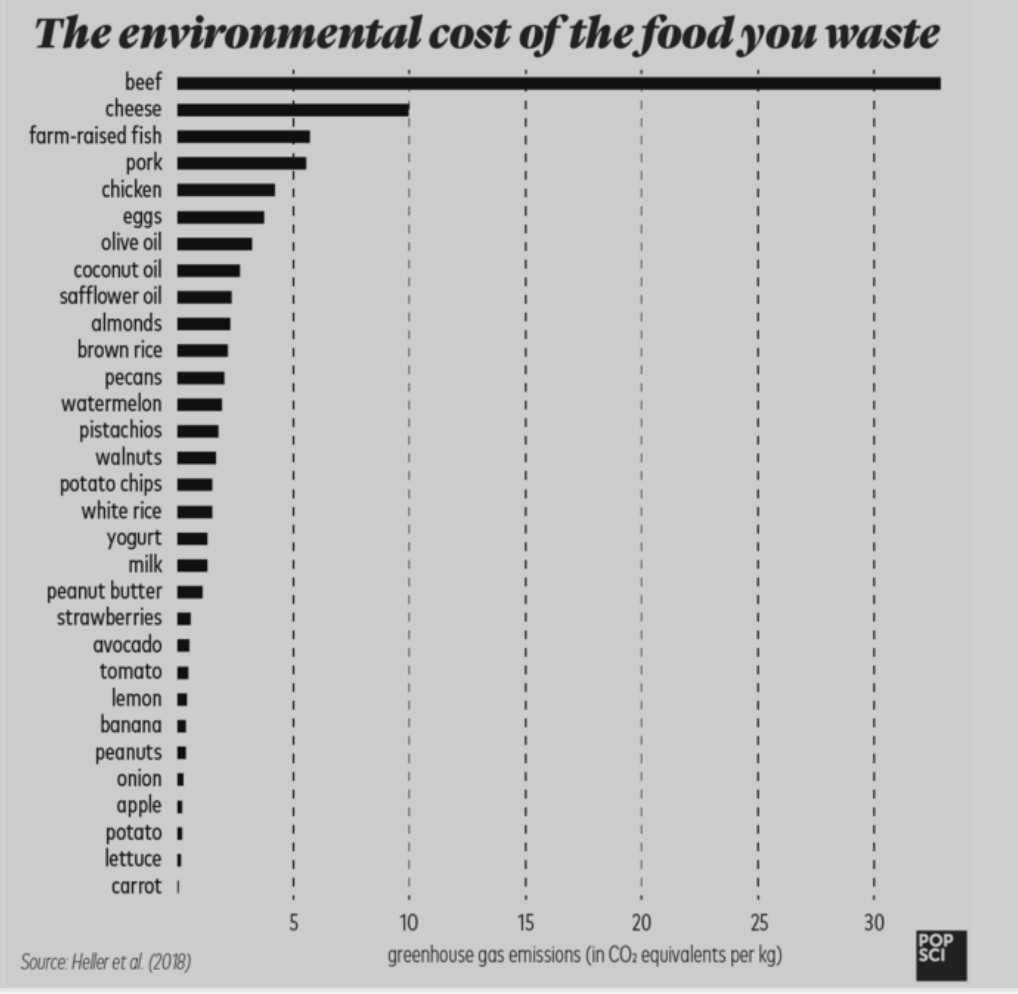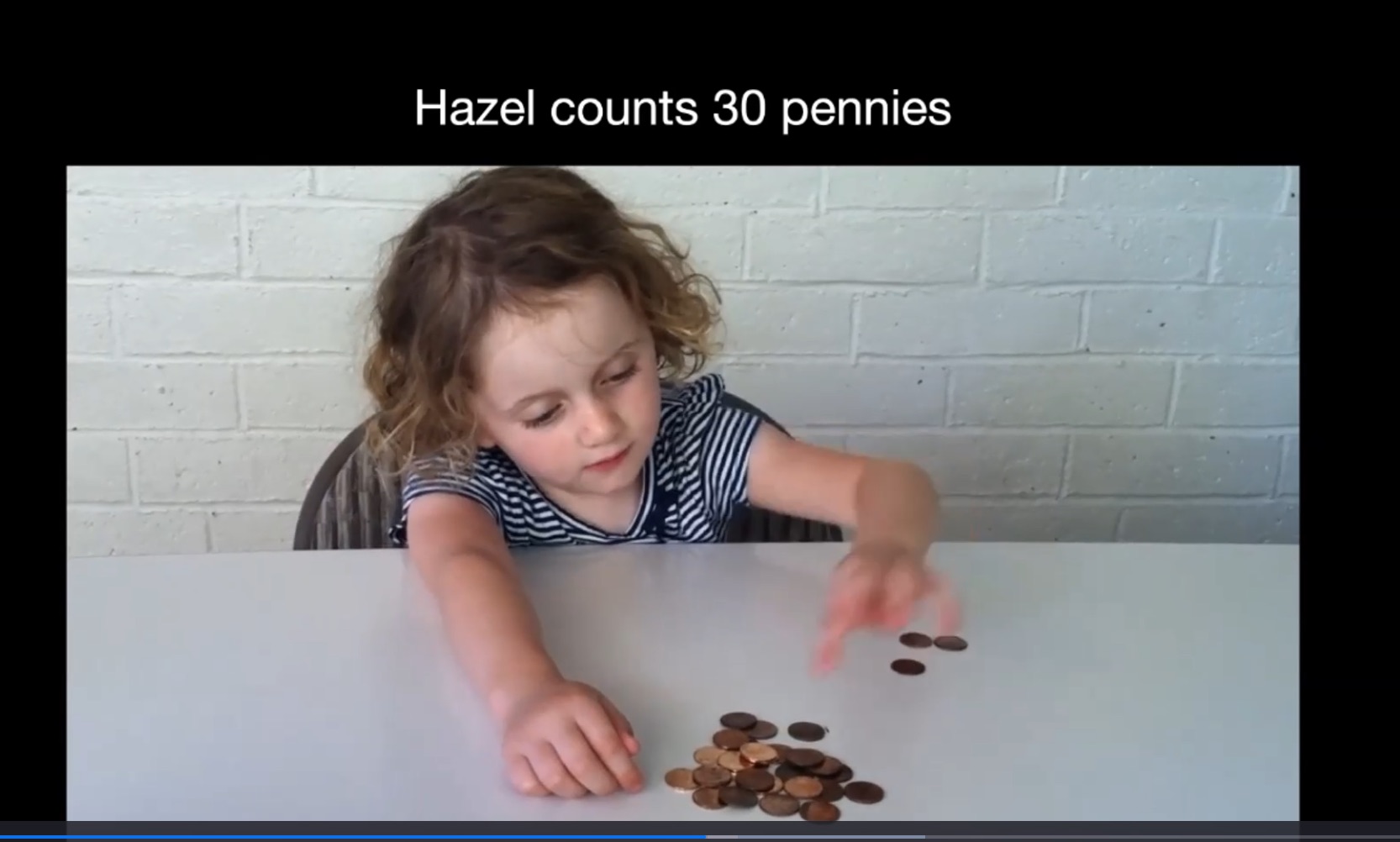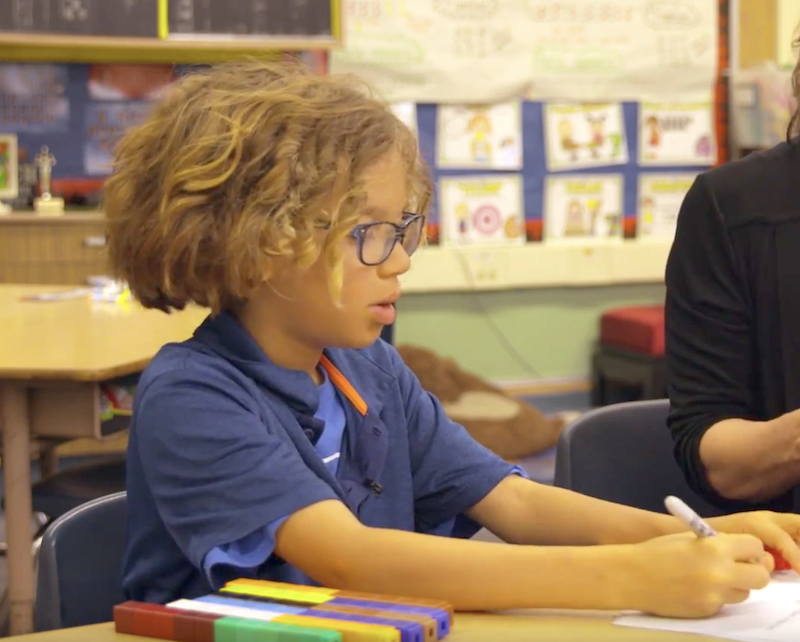San Diego Math Project Webinars
Webinars (2020-2021)
Did You Miss a Session? It’s Not too Late to Learn!

Hosts: Alison Williams and Sanjana Bryant
Date: Dec 14, 2020
For Grades 2-8
Session Co-Leaders
- Alison Williams is a Resource Teacher (Instructional Coach) in the Chula Vista Elementary School District and teaches Elementary Math Methods at SDSU. She is passionate about finding ways to create productive disposition in students and to help all learners (both children and adults) find their love for math.
- Sanjana Bryant is an International Baccalaureate Coordinator and Teacher on Special Assignment within the Encinitas Union School District. She has experience teaching diverse communities in San Diego and Oakland, and enjoys finding opportunities for students and teachers to find cross-curricular connections that spark curiosity, conversation, and collaboration.
Up Your Distance Learning Game
Hosts: Esmeralda Orozco and Cara Hetrick
Date: Nov 30, 2020
For Grades 5-12 Teachers
If you want to up your distance learning game and learn about two online tools that can help you do so, the webinar "Up Your Distance Learning Game" is for you! We will walk you through all of the ins and outs of Desmos and Edpuzzle and talk about how to use them both virtually and as an additional element to your live classroom teaching. Let us help you transform your classroom for greater participation and extended learning.
Session Co-Leaders
- Esmeralda Orozco is a Math teacher at Bonita Vista High School in the Sweetwater Union High School District. She has been learning how to be the best teacher she could be for 21 years and recently completed a five-year Noyce Master Teaching Fellowship with SDSU. You can call her Essie.
- Cara Hetrick is a Math teacher at Coronado Middle School. She has recently completed a five-year Noyce Master Teaching Fellowship and is currently enrolled in the Educational Leadership Doctoral Program at SDSU.
Google Folder Short URL: https://bit.ly/39MamLG
Young Children's Mathematics: From Counting to Problem Solving 
Sessions for PreK, TK, & K Teachers
Wed, Apr 22, 2020 and Tues, Apr 28, 2020
3:00 - 4:00 pm
- Day 1, Apr 22, 2020; 3:00 pm-4:00 pm: Learning to Count
- Day 2: Apr 28, 2020; 3:00 pm-4:00 pm: Bringing Together Counting and Problem Solving
Young children bring rich informal understandings and curiosity that we can leverage to support their mathematical development. Together we will deepen our understanding of what to look and listen for as young children engage in math, and explore ways to build from what comes naturally.
Counting Session Leader Nick Johnson is a Co-author of Young Children’s Mathematics: Cognitively Guided Instruction in Early Childhood Education. He is also an assistant professor in the School of Teacher Education at San Diego State University. Dr. Johnson is interested in how understanding the development of children’s ideas can open opportunities to recognize children’s strengths and broaden what counts as knowing and doing mathematics.
Using Desmos Activity Builder to Incorporate Mathematical Language Routines in Your Remote Learning
- View a recording of this session
- Materials Used in This Session (Google folder)
- Desmos Activity Student View
- Desmos Activity Teacher Copy & Edit Access
Using Online Math Videos that Feature Student Dialogue
Host: Joanne Lobato
Date: May 12, 2020
We explore videos that feature pairs of students in unscripted dialogue working together to solve challenging math problems. Our project team has developed about 80 short videos available at www.mathtalk.org for two math units: Parabolas (Grades 9-11) and Proportional Reasoning (Grades 5-7). You’ll learn about features of the videos, as well as the student and teacher resources available for using the two multi-week video units. This session also includes an overview of the project, which we call Project MathTalk and which is funded by the National Science Foundation.
View a recording of this session
Teaching and Learning Critical Science with Multilingual Student
Host: Melissa Navarro
Date: October 27, 2020
In this session, I will begin by introducing the topic of critical science. I will then provide examples of what K-8 critical science classrooms may look like in dual language learning environments, which may be applicable in monolingual learning environments. Given Western and traditional concepts of “science,” the shared examples will focus on a bilingual teacher's lessons and how they decolonize content and pedagogies while centering traditionally underserved students to interrupt the perpetuation of oppressive systems within the institution of schooling. Opportunities for self-reflection will be provided throughout the session.

